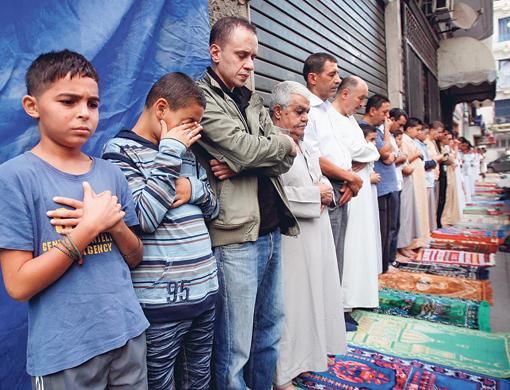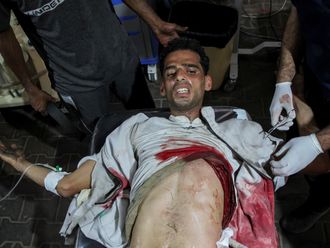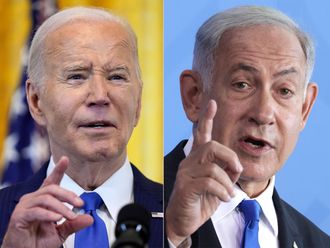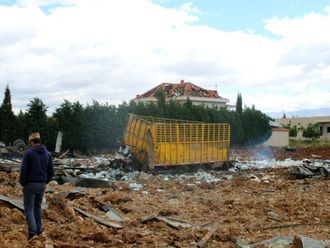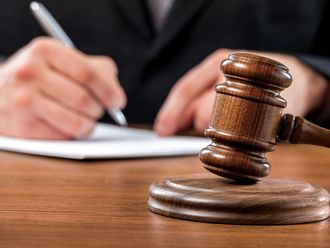Larbaa, Algeria: Algerian President Abdul Aziz Bouteflika's success in reining in Islamist violence has brought with it a challenge: people are now demanding their government deliver more jobs and higher wages.
The energy exporting country on Tuesday marked 10 years since Bouteflika introduced a national reconciliation policy that played a central role in curbing the violence, though Al Qaida-linked insurgents still mount sporadic attacks.
But as Algerians grow used to better security they have started looking to the government to use its energy revenues to do more on bread-and-butter issues which received little attention during nearly two decades of civil strife.
Mohammad Chougrane, a 65-year-old who owns a small restaurant in the town of Larbaa, about 50km east of Algiers, said at the conflict's height in the 1990s mutilated corpses were thrown on the town's streets every day.
"Peace is back now, but we want jobs, houses for our young, and we also want better services," said Chougrane, pointing to the mud covering the road after a few minutes of rain.
Discontent over the government's perceived shortcomings is evident from frequent riots, labour strikes and the thousands of Algerians who risk their lives each year to smuggle themselves into Europe by crossing the Mediterranean Sea.
This social unrest, analysts say, could replace insurgent violence as the biggest threat to stability in Algeria, the world's fourth largest exporter of gas and its eighth biggest oil exporter.
Farouk Ksentini, a lawyer who heads a state-sponsored human rights commission and who is close to Bouteflika, made a rare acknowledgement that the political system needed renewal now that the violence had eased.
"I think that the emergence of a new political class is positive and necessary," he said.
Abdul Wahab Djakoun, analyst and editor of La Nouvelle Republique, a daily close to the government, said expectations of what Algeria's leaders can do have to be realistic.
"Does Algeria have the financial means to make each citizen happy? I don't think so," he said.
The fundamental problem, said political analyst and university lecturer Mohammad Lagab, is that Algeria's ruling elite is rooted in a fight against Islamist rebels that is now largely in the past.
"We need a radical change. The government brought peace but showed that it is unable to bring prosperity," he said.


